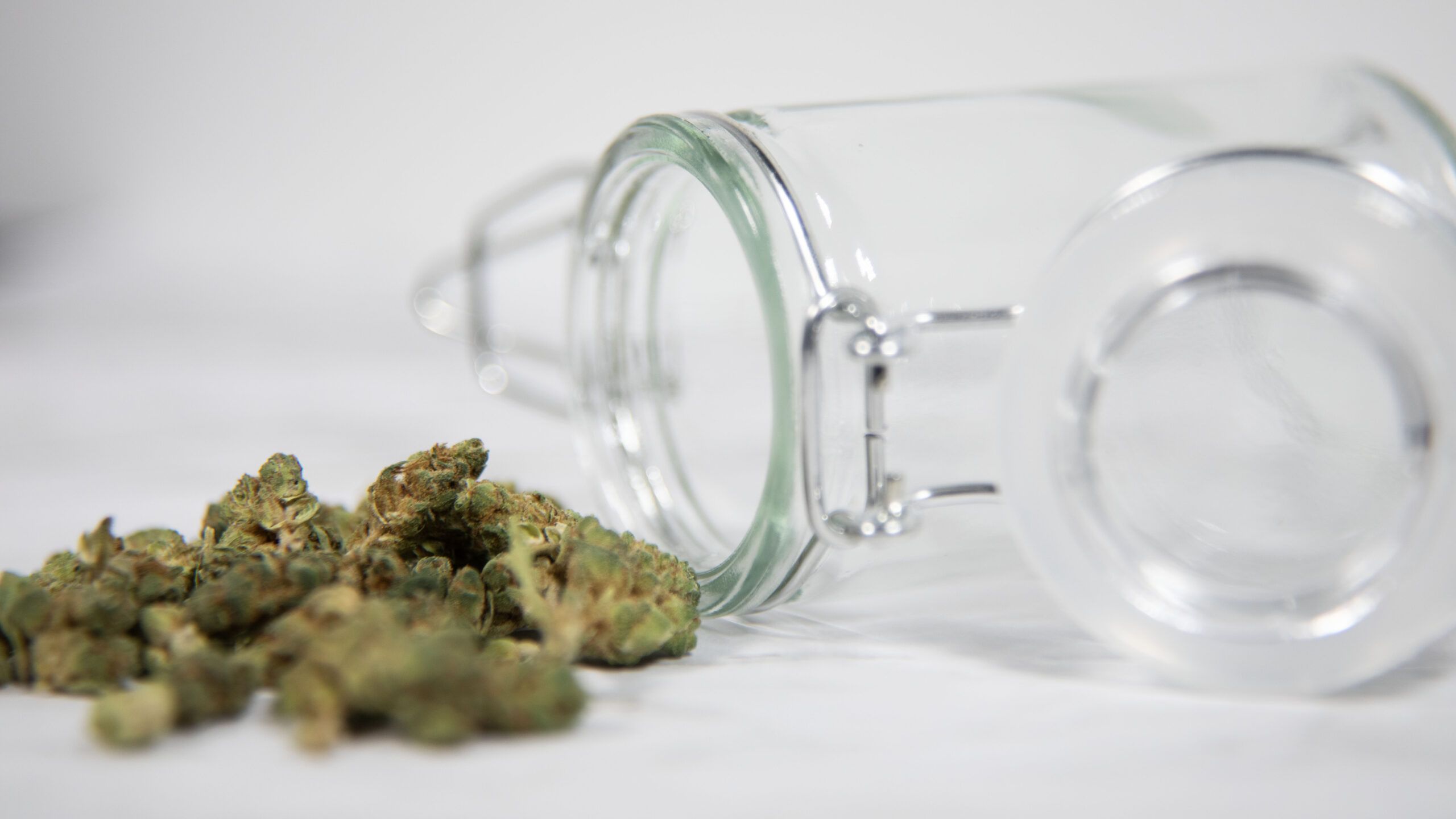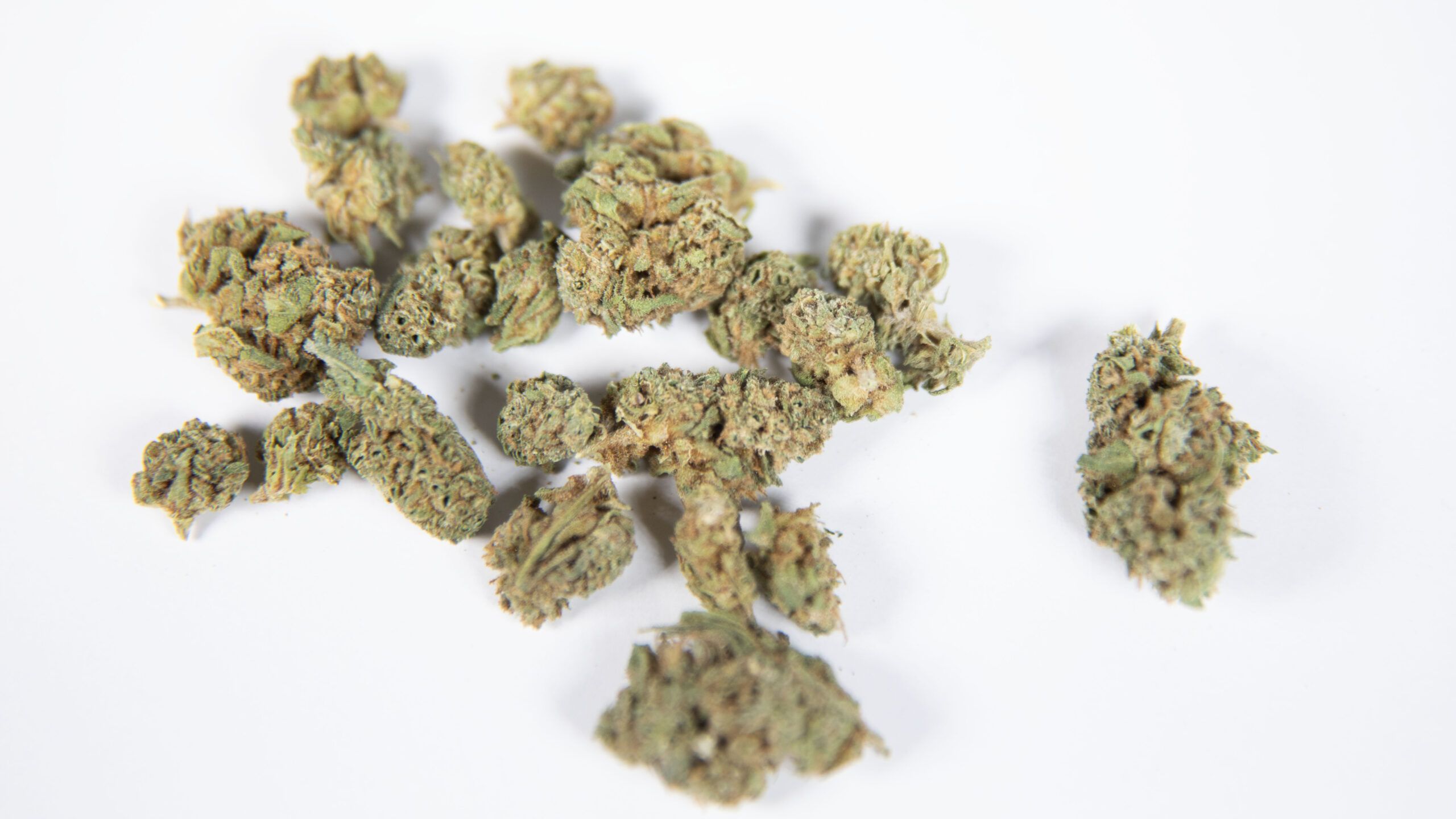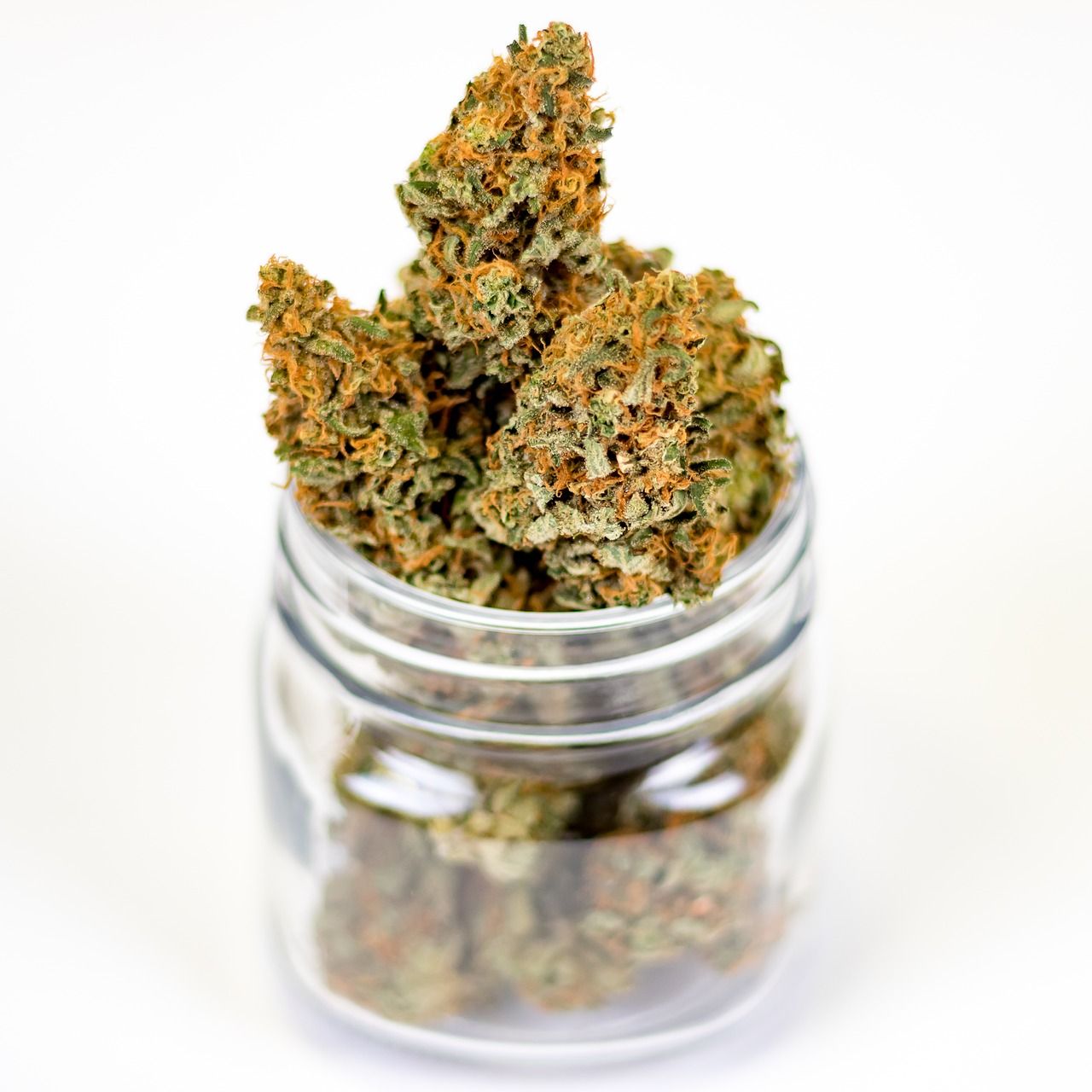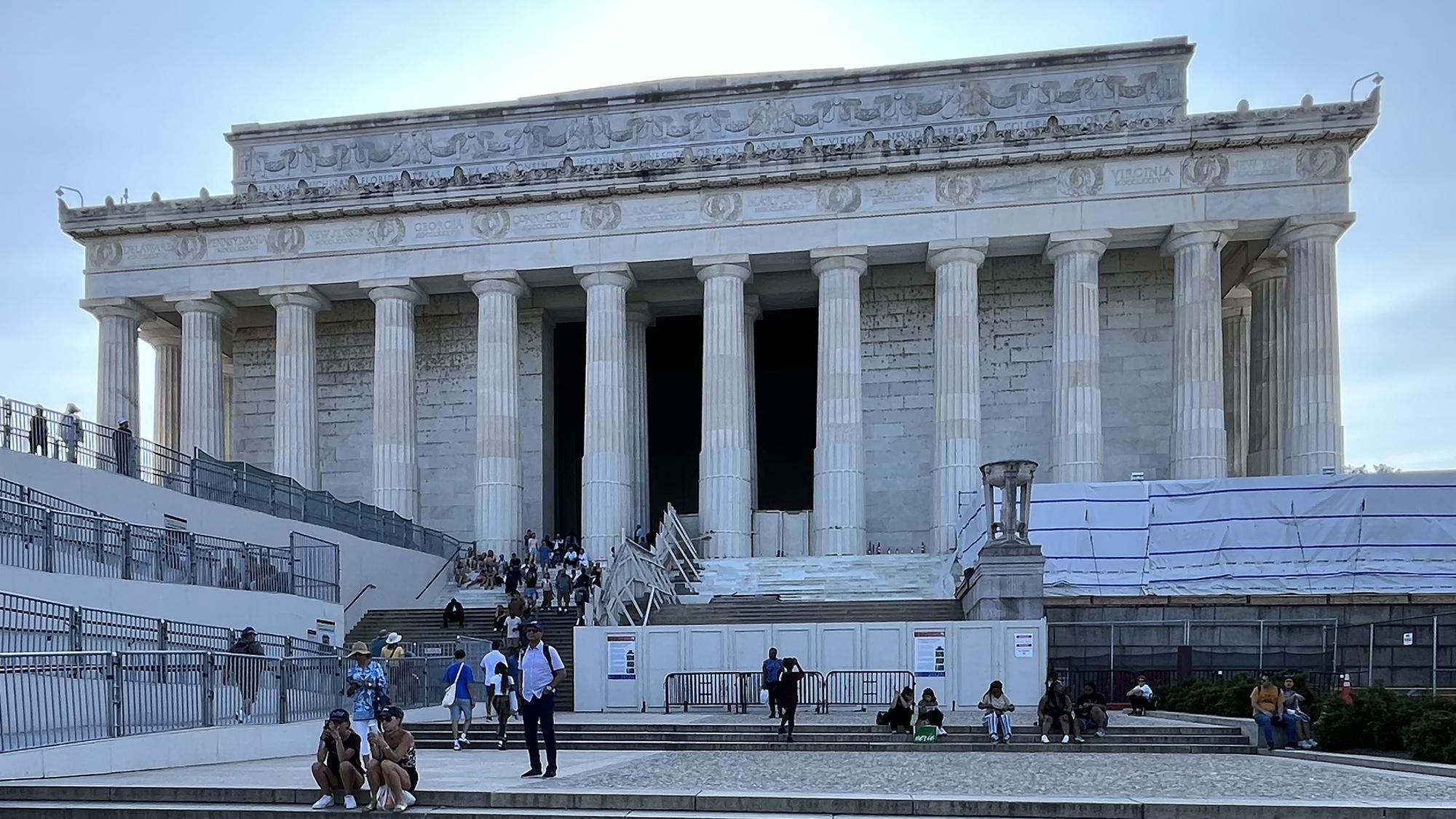-

Is Marijuana Overdose Possible? Separating Truth from Fear
For decades, the question of whether someone can overdose on cannabis has lingered in both […]
-

Strain Basics: How Indica, Sativa, and Hybrids Shape Your Experience
When someone walks into a dispensary for the first time, they’re often greeted with a […]
-

The Truth Behind 5 Common Cannabis Myths
Cannabis has always sparked conversation, curiosity, and sometimes controversy. With legalization spreading across the United […]

-
The Future of Cannabis Legalization and What Consumers Can Expect
Read more: The Future of Cannabis Legalization and What Consumers Can ExpectFew industries in the United States are evolving as rapidly as cannabis. What was once […]

